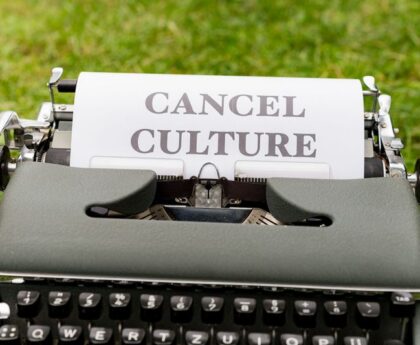Barbie Reviews: A Critical Analysis of the Margot Robbie Film
The Critics’ Perspective
The release of the highly anticipated Barbie movie, starring Margot Robbie and Ryan Gosling, has received mixed reviews from critics. While some critics have praised the film for its humor and inventiveness, others have criticized its unevenness and lack of depth.
Praise for the Film
Empire magazine describes Barbie as “painfully funny,” while the Independent calls it “joyous from minute to minute.” The Independent’s Clarisse Loughrey gives the film a five-star review, applauding its inventiveness and craftsmanship. She sees it as a testament to what can be achieved within the realms of capitalism. The Telegraph’s Robbie Collin also gives the film four stars, commending its conceptual slipperiness and satirical angle, which he believes will resonate more with older viewers. Rolling Stone’s David Fear goes even further, calling Barbie “the most subversive blockbuster of the 21st Century.”
Criticism of the Film
However, not all critics share the same enthusiasm. The Daily Mail criticizes Barbie as “uneven and disjointed,” while Time comments on its lack of depth despite its visual appeal. The Guardian’s Peter Bradshaw gives the film a lukewarm review, suggesting it is a good-natured but self-conscious movie that falls short of its potential for comedy. Deadline critic Valerie Complex criticizes the film‘s handling of characters of color, stating that they are used as mere devices to advance the stereotypical Barbie and Ken narratives.
Philosophical Reflections on Barbie
Barbie has always been a cultural icon and a source of debate. On one hand, she represents a narrow and often unrealistic beauty standard that has been criticized for perpetuating harmful body image issues. On the other hand, many argue that Barbie has also evolved to reflect more diversity and empower young girls to dream big and break societal conventions.
When analyzing the Barbie movie, it is essential to consider its broader implications beyond entertainment value. Barbie, as a character, embodies consumer culture and the capitalist system. The film‘s power lies in its ability to satirize these aspects while still existing within the confines of a studio film that ultimately serves toy manufacturer Mattel’s brand interests.
The Subversive Nature of Barbie
Despite the constraints of the corporate world, critics acknowledge the subversive elements of the movie. The Independent’s Clarisse Loughrey asserts that while studio films cannot be truly subversive, Barbie manages to push the boundaries of what is expected. The Telegraph’s Robbie Collin also commends the film‘s mischievous satire, which challenges the conventions of consumer culture.
Feminism and Male Representation
A recurring point of debate centers around the film‘s portrayal of men. The Daily Mail’s Sarah Vine criticizes Barbie as a “deeply anti-man movie,” accusing it of perpetuating negative stereotypes of masculinity. This critique raises questions about the representation of gender and whether films should be held accountable for the messages they convey.
It is crucial to recognize that there are diverse perspectives on what constitutes offensive or empowering storytelling. However, it is essential to engage in dialogue and critically analyze these representations to foster a more inclusive and equitable film industry.
Editorial Reflections
The release of the Barbie movie brings to the forefront the power of entertainment and the influence it has on shaping societal norms and values. The critical reception of the film reflects the complexity of the issues at hand and highlights the need for more nuanced discussions around representation in media.
While Barbie has made strides toward inclusivity and empowerment, criticisms of its shortcomings should not be dismissed. Films like Barbie have a social responsibility to reflect the diversity and complexity of the world we live in. They can serve as a platform to challenge stereotypes and create meaningful change.
Advice for Audiences
When deciding whether to watch Barbie, it is essential for audiences to consider their own values and priorities. Some may find the film‘s humor and inventiveness appealing, while others may be critical of its portrayal of certain characters and themes.
Engaging in discussions about the film‘s merits and flaws is also crucial. By critically analyzing media and engaging in thoughtful conversations, audiences can contribute to a more inclusive and progressive film industry. It is through these conversations that change can occur, leading to more diverse and representative storytelling.

<< photo by Denise Jans >>
The image is for illustrative purposes only and does not depict the actual situation.
You might want to read !
- Bristol’s Welcoming Spaces: Preserving Community Spaces Throughout the Winter for Minimal Cost
- Florence Pugh Reigns in Valentino: An Imposing Spectacle at Oppenheimer London
- BBC Presenter Embroiled in Scandal: Allegations of Paying Teenager for Sexually Explicit Content
- “Decoding Barbie: Unveiling the Subliminal Messaging and Cultural Commentary”
- The True Toll: Examining the Latest Impacts of the Cost-of-Living Crisis
- The Pre-Season Battle: Tottenham vs West Ham – Live Match Updates and Streaming




